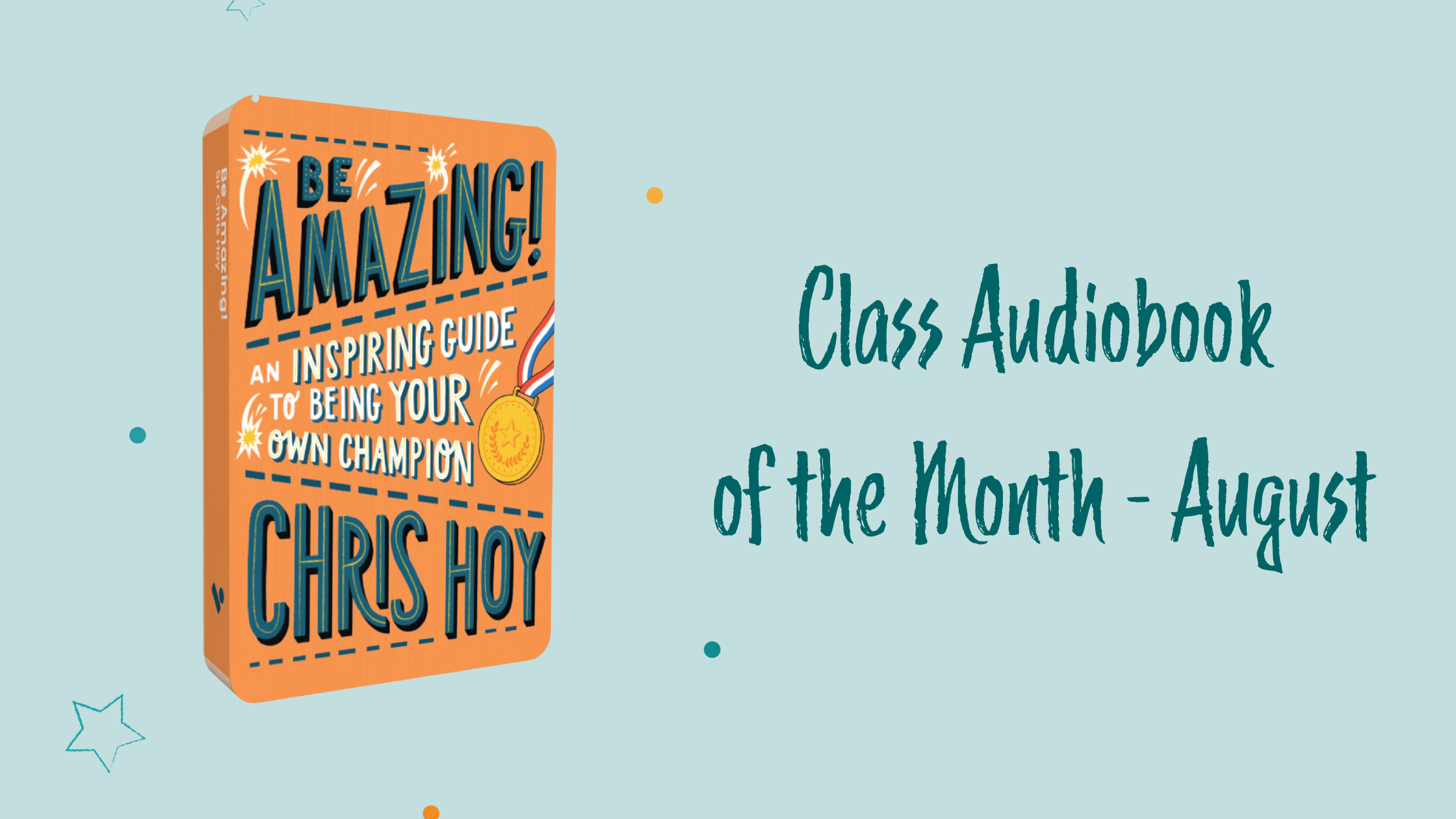Integrating audiobooks into your lesson plans can provide a dynamic and immersive learning experience across various subjects. From enhancing literacy skills to diving deep into historical events, audiobooks offer a versatile tool to engage and inspire students. Let’s explore how you can integrate audiobooks into your lessons.
Why Use Audiobooks in the Classroom?
Audiobooks offer a range of benefits that can transform the learning environment:
- Accessibility: Audiobooks cater to different learning styles and support students with reading difficulties or English language learners.
- Engagement: The audio format captures students' attention and makes complex topics more accessible.
- Multisensory Learning: Audiobooks engage auditory learners and complement visual and kinesthetic learning methods.
- Enhanced Comprehension: Listening to audiobooks improves listening skills, vocabulary, and comprehension.
Integrating Audiobooks into Various Subjects
Literature
George's Marvellous Medicine by Roald Dahl
Activity: Use the audiobook version of Roald Dahl's classic tale to explore storytelling elements such as character development, plot twists, and descriptive language. Encourage students to follow along with the text while listening to deepen their understanding and engagement.
History
Horrible Histories: Woeful Second World War by Terry Deary
Activity: Dive into the events of World War II with the audiobook from the Horrible Histories series. Discuss key historical figures, battles, and societal impacts while listening to firsthand accounts and historical anecdotes.
Social and Emotional Learning
Can You See Me? by Libby Scott and Rebecca Westcott
Activity: Explore themes of empathy, friendship, and neurodiversity through the audiobook Can You See Me? This book provides insights into the life of an autistic girl, encouraging discussions on inclusivity, understanding differences, and building empathy among peers.
Tips for Using Audiobooks in Your Classroom
- Pre-Listening Activities: Set the stage by introducing key themes, vocabulary, and historical contexts related to the audiobook.
- Active Listening: Encourage students to take notes, discuss predictions, and analyze characters' motivations and actions as they listen.
- Post-Listening Discussions: Facilitate meaningful discussions on the audiobook's themes, connections to real-world events, and personal reflections.
Audiobooks are a powerful tool for teachers looking to create engaging and interactive learning experiences across diverse subjects. With resources like Voxblock, discovering and accessing educational audiobooks has never been easier.
Why Use Audiobooks in the Classroom?
Audiobooks offer a range of benefits that can transform the learning environment:
- Accessibility: Audiobooks cater to different learning styles and support students with reading difficulties or English language learners.
- Engagement: The audio format captures students' attention and makes complex topics more accessible.
- Multisensory Learning: Audiobooks engage auditory learners and complement visual and kinesthetic learning methods.
- Enhanced Comprehension: Listening to audiobooks improves listening skills, vocabulary, and comprehension.
Integrating Audiobooks into Various Subjects
Literature
George's Marvellous Medicine by Roald Dahl
Activity: Use the audiobook version of Roald Dahl's classic tale to explore storytelling elements such as character development, plot twists, and descriptive language. Encourage students to follow along with the text while listening to deepen their understanding and engagement.
History
Horrible Histories: Woeful Second World War by Terry Deary
Activity: Dive into the events of World War II with the audiobook from the Horrible Histories series. Discuss key historical figures, battles, and societal impacts while listening to firsthand accounts and historical anecdotes.
Social and Emotional Learning
Can You See Me? by Libby Scott and Rebecca Westcott
Activity: Explore themes of empathy, friendship, and neurodiversity through the audiobook Can You See Me? This book provides insights into the life of an autistic girl, encouraging discussions on inclusivity, understanding differences, and building empathy among peers.
Tips for Using Audiobooks in Your Classroom
- Pre-Listening Activities: Set the stage by introducing key themes, vocabulary, and historical contexts related to the audiobook.
- Active Listening: Encourage students to take notes, discuss predictions, and analyze characters' motivations and actions as they listen.
- Post-Listening Discussions: Facilitate meaningful discussions on the audiobook's themes, connections to real-world events, and personal reflections.
Audiobooks are a powerful tool for teachers looking to create engaging and interactive learning experiences across diverse subjects. With resources like Voxblock, discovering and accessing educational audiobooks has never been easier.





